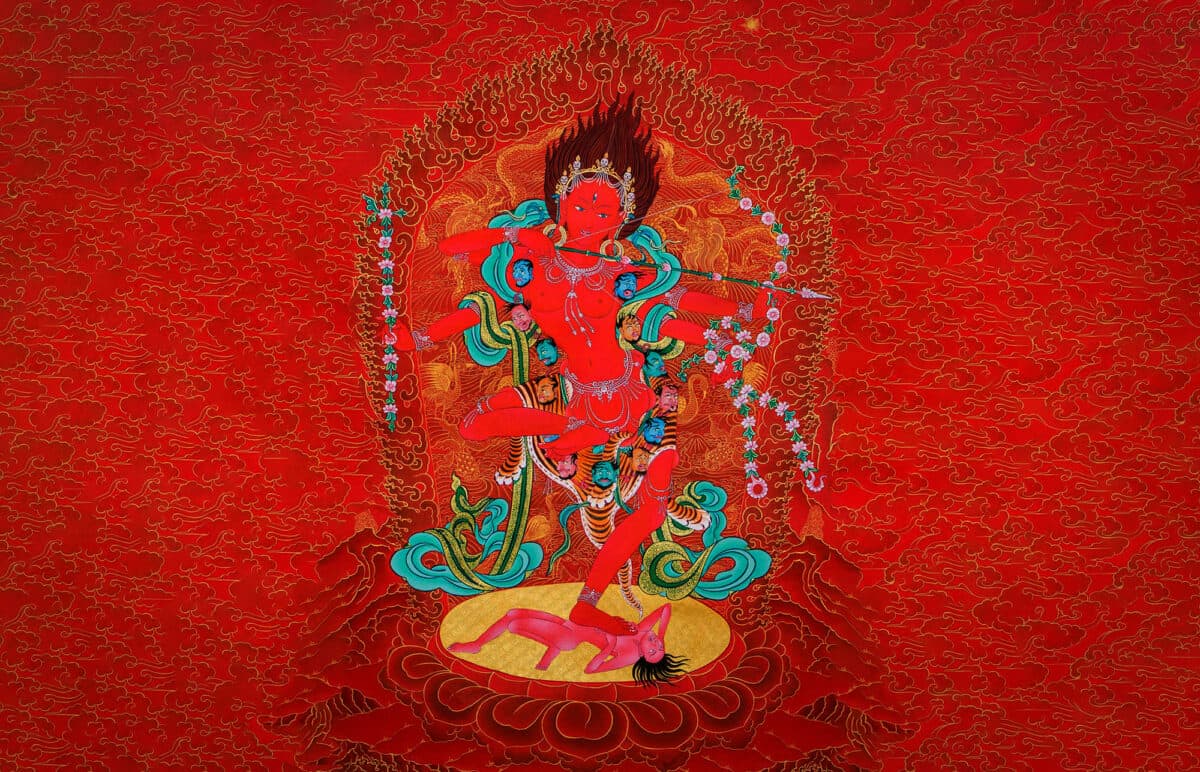A Talk with Andrew Cohen
From a certain perspective, the Absolute is dangerous. Yet without a direct encounter with this fundamental principle, there is no authentic enlightenment...
When we have a direct encounter with the Absolute, we experience at a transrational level an ultimate truth that brings not peace, but a sword – an overwhelming value and morality-defying deluge of pure unconfined spirit and cosmic truth that takes no prisoners and bows to no-one and no-thing. The spirit of Kali is unleashed, destroying mind, ego and ignorance with a swift and brutal single stroke.
But if we’re not paying attention, all kinds of distortions can occur in the wake of such an encounter. We can become enamoured with our own revelation in a way that leads to fanaticism and extremism. We can inadvertently fail to make the distinction between the tangible presence of the Absolute itself, and an absolute position.
Anyone, or any group, at any stage of development, can come to believe that they and they alone are the custodians of ultimate truth – and a life-changing encounter with the raw, unconfined nature of the Absolute can simply serve to reinforce that belief, imprinting it deeply upon the mind of the beholder.
In recent times, this problem has provoked a reflexive response from postmodern culture that reaches deep into contemporary spirituality. In many spiritual circles, there has been an outright rejection of the Absolute principle, and anyone representing it, as untrustworthy and dangerous.
From a certain perspective, the Absolute is dangerous. Yet without a direct encounter with this fundamental principle, there is no authentic enlightenment. And when we try to tame it, we are left with a kind of diluted, flattened, conformist, pluralistic “enlightenment” that is not in any way dangerous or threatening to the ego, or separate self-sense.
In this episode of our bi-weekly series, Andrew Cohen explores the delicate relationship between the Absolute and absolutism. The uncompromising nature and truth of this primordial principle cannot be tamed, so what does it mean to be open, receptive and vulnerable to the Absolute, in all its awe-inspiring depth and power, while recognising and resisting the temptation to believe that we and we alone have the only truth?
